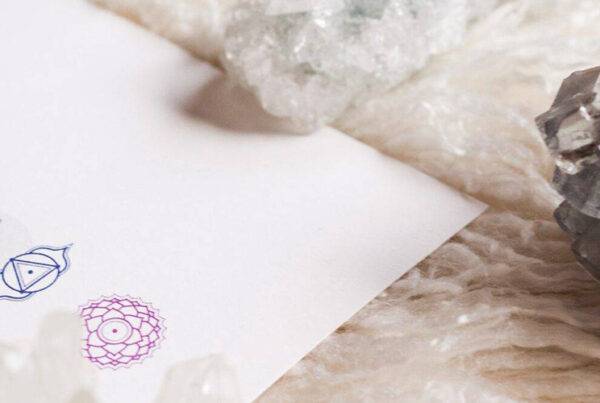Reiki is a form of energy healing that originated in Japan. It involves the practitioner placing their hands on or near the person receiving treatment, with the intention of channeling healing energy into the recipient. Reiki healing is typically performed with the recipient lying on a treatment table, fully clothed. The practitioner will place their hands on or near the recipient’s body, starting at the head and working their way down to the feet. The practitioner will typically place their hands on a series of positions on the body, known as “hand placements,” which are believed to correspond with energy centers in the body. The practitioner will remain in each hand placement for several minutes before moving on to the next position. The treatment is usually conducted in a quiet, peaceful setting and may involve the use of soothing music or other relaxation techniques. The practitioner may also use verbal affirmations or prayers to help channel the healing energy. The entire treatment typically lasts for about 60-90 minutes.
There are many different reasons why someone might choose to receive Reiki healing. Some people may use Reiki as a way to relax and reduce stress, while others may use it as a complementary treatment for certain physical or emotional conditions. Some people may also use Reiki as a way to promote overall wellness and balance in their lives. Proponents of Reiki claim that the treatment can have a number of benefits, including reducing stress and promoting relaxation, improving sleep, boosting the immune system, reducing pain and discomfort, and improving symptoms of certain conditions such as anxiety and depression.
While there is some scientific evidence to support the effectiveness of Reiki as a complementary treatment for certain conditions, it is generally considered to be a complementary or alternative therapy rather than a mainstream medical treatment. It is important to note that Reiki should not be used as a substitute for medical treatment or professional care, and that anyone considering using Reiki as a form of therapy should consult with a healthcare professional.
The decision to receive Reiki healing is a personal one and should be based on the individual’s own goals and needs. If you are considering receiving Reiki healing, it is important to consult with a qualified practitioner and discuss your specific goals and concerns. They will be able to provide you with more information about the treatment and help you determine if it is right for you.
There are many different reasons why someone might choose to receive Reiki healing. Some people may use Reiki as a way to relax and reduce stress, while others may use it as a complementary treatment for certain physical or emotional conditions. Some people may also use Reiki as a way to promote overall wellness and balance in their lives. Proponents of Reiki claim that the treatment can have a number of benefits, including:
- Reducing stress and promoting relaxation
- Improving sleep
- Boosting the immune system
- Reducing pain and discomfort
- Improving symptoms of certain conditions, such as anxiety and depression
While there is some scientific evidence to support the effectiveness of Reiki as a complementary treatment for certain conditions, it is generally considered to be a complementary or alternative therapy rather than a mainstream medical treatment. It is important to note that Reiki should not be used as a substitute for medical treatment or professional care, and that anyone considering using Reiki as a form of therapy should consult with a healthcare professional.
Take home message…
The decision to receive Reiki healing is a personal one and should be based on the individual’s own goals and needs. If you are considering receiving Reiki healing, it is important to consult with a qualified practitioner and discuss your specific goals and concerns. They will be able to provide you with more information about the treatment and help you determine if it is right for you.



